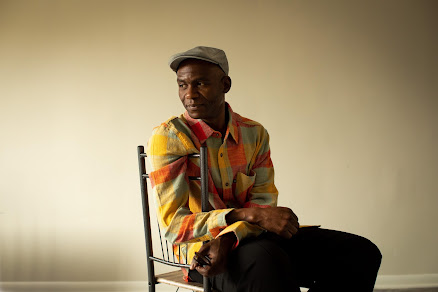What other poetry books have you been reading lately?
I’m a chronic ‘dipper in-and-outer’ who has dozens on the go at any one time, in various bags and stacks and in the car, so I’ve chosen to answer this by emptying one backpack, looking at the smallest (I swear) of the bedside stacks, and at what’s in my most recent downloads for e-versions.
Black Bough Poetry - Christmas/Winter Volume 2 Anthology (Amazon KDP 2021)
Jenny Mitchell - Her Lost Language (Indigo Dreams Publishing 2019)
Taylor Byas – Bloodwarm (Variant Lit 2021)
Glenn Colquhoun – Letters to Young People (OldKing Press 2020)
Short Poems of New Zealand – edited by Jenny Bornholdt (Victoria University Press 2018)
Linda Pastan - Carnival Evening (Norton, 1998)
Wislawa Szymborska – Poems new and collected (Harcourt 1998)
essa may ranapiri – ransack (Victoria University Press 2019)
Jane Arthur – Craven (Victoria University Press, 2019)
Anindita Sengupta – Walk Like Monsters (Paperwall 2016)
Mary Ford Neal – Dawning (Indigo Dreams Publishing 2021)
Serge Neptune – These Queer Merboys (Broken Sleep Books 2020)
Lynn Valentine – A Glimmer o Stars (Hedgehog Press 2021)
Kyla Houbolt – Tuned (CCCP Chapbooks, 2020)
Kari Flickinger – The Gull and the Bell Tower (Femme Salvé Books, 2021)
Lee Potts – And Drought Will Follow (Frosted Fire 2021)
Anna Saunders – Feverfew (Indigo Dreams 2021)
Danielle Rose - The History of Mountains (Variant Lit 2021)
Han VanderHart – What Pecan Light (Bull City Press 2021)
G. B Clarkson – Crucifox (Verve Poetry Press 2021)
Beth Gordon – The Water Cycle (Variant Lit 2021)
Isaura Ren – No Heroes (Gumroad 2021)
Matthew M.C. Smith – Origin: 21 poems (Amazon KDP 2018)
Carol Krauss – Just a Spit Down the Road (Kelsay Books 2021)
Elisabeth Horan – The Mask (The Broken Spine 2021)
Here’s a few extras I’ve pre-ordered or ordered or am about to blurb that I’m really looking forward to (once the sea-snail post to Aotearoa catches up):
Robert Frede Kenter – Eden (Floodlight Editions 2021)
Stuart Macpherson – Waterbearer (Broken Sleep Books 2021)
Sarah-Jane Crowson – Stories from the Eyes of an Owl (Rare Swan Press 2021)
Kari Flickinger – Ceiling Fan (Rare Swan Press 2022)
Stuart Buck – Hypnopony (Independent 2021)
Katy Naylor – Postcards from Ragnarok (Alien Buddha 2021)








